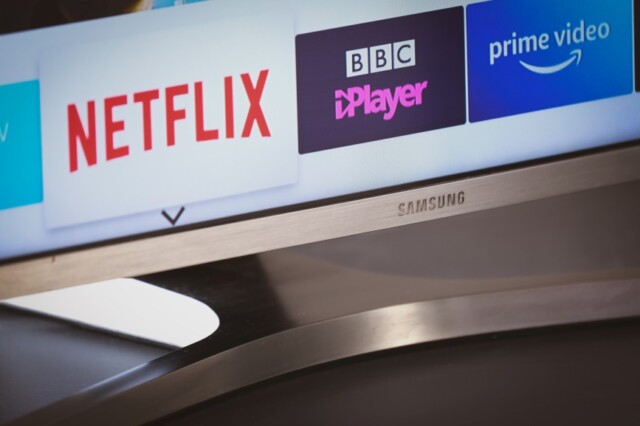French media exploitation chronology: the timetable for the definition of new rules is not suspended
On 21 December 2020, the French Council of State (Conseil d’Etat) imposed that “television channels and video-on-demand platforms define together a new media exploitation chronology for films released in theatres”, underlining that “if they failed to do so, new rules would be imposed on them by decree after 1 April 2021.”
It reaffirmed its position on 31 March 2021, against the opposition of an industry player.
As a reminder, the questioning of the current media chronology is linked to a government decree dated 21 December 2020, which transposed a European directive[1] that now requires VOD & SVOD platforms (Netflix, Amazon Prime, Disney +) to pay 20 to 25% of their turnover to French audio-visual and film producers. At the same time, the French TV channels are to cooperate in the search for new rules on media chronology (rules on broadcasting deadlines and the exploitation of cinematographic works) in order to “reduce the competitive asymmetry between online platforms and TV channels, some of which benefit from rights to broadcast films earlier”.
The industry had until 31 March 2021 to find an agreement, failing which the French government could take at its discretion “a decree to set itself new broadcasting rules.”
Considering this negotiation deadline to be too short, a French TV channel seized the French Council of State against that decree, denouncing “the unrealistic nature of the deadlines imposed by the Government to renegotiate the media chronology, while AVMSD [on-demand audiovisual media services] platforms are in any case certain to obtain from the regulatory power more favourable broadcasting windows than currently.”
The French Council of State rejected this request, considering that it could not identify “the competitive pressure that could weigh” on the television channels in that regard, “since [that pressure] is at least as much related to the arrival of new players on the market, and to changes in consumption patterns, than to the definition of a new media exploitation chronology.”
The argument that “platforms, by acquiring film rights, are foregoing their theatrical release to make them directly available to the public” was inoperative because the “Council of State observed that this practice was not related to the issue of renegotiating the media exploitation chronology”, the absence of a theatrical release of a film also freed the television channel “from the broadcasting rules in force”.
Our UGGC Law Firm and its team of lawyers specialized in media and film law are at your disposal to assist you in protecting your legal and economic interests.
By the IP/IT team of UGGC
Source : Council of State

[1]Directive (EU) 2018/1808 of the European Parliament and of the Council of 14 November 2018 amending Directive 2010/13/EU on the coordination of certain provisions laid down by law, regulation or administrative action in Member States concerning the provision of audiovisual media services